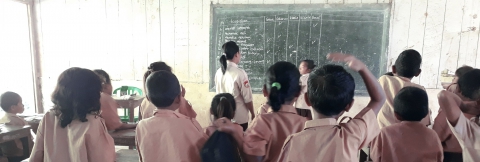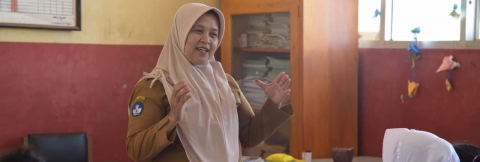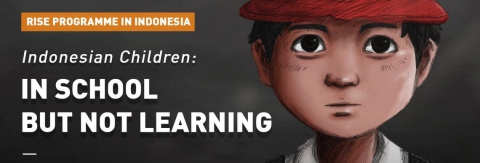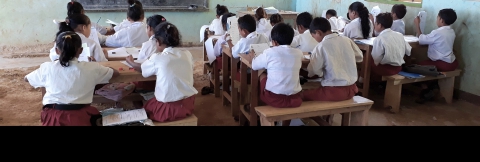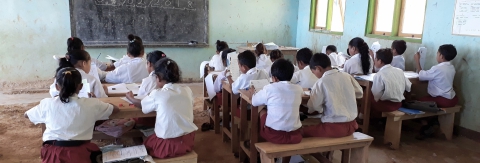This Insight discusses the character education policy within the Indonesian education system, which still faces key challenges to improve learning outcomes.
From our diagnostic of the Indonesian education system, we find that education policymakers and stakeholders in Indonesia perceive that character education can solve societal issues related to moral degradation.
The philosophy underpinning character education policies includes the elements of character and learning. However, we observe that intellectual discussion and public discourse on character education are dominated by a focus on morality, religiosity, and nationalism. As a result, we find that the learning aspect of education has slowly become distinct, particularly in the implementation of the latest policy, Strengthening Character Education (PPK).
We hypothesise that the one-sided implementation of the policy is due to the lack of clarity in the “delegation” aspect of the policy design, which results in a variety of conflicting interpretations by education stakeholders at national, local, and school levels.
Policymakers at the national level could make use of open forums to involve local governments, schools, and communities to develop a shared vision of character education policy. Policymakers must also ensure that the design and technical guidelines of character education policies align, so that implementation does not come at the cost of activities that directly support other priority learning objectives.



